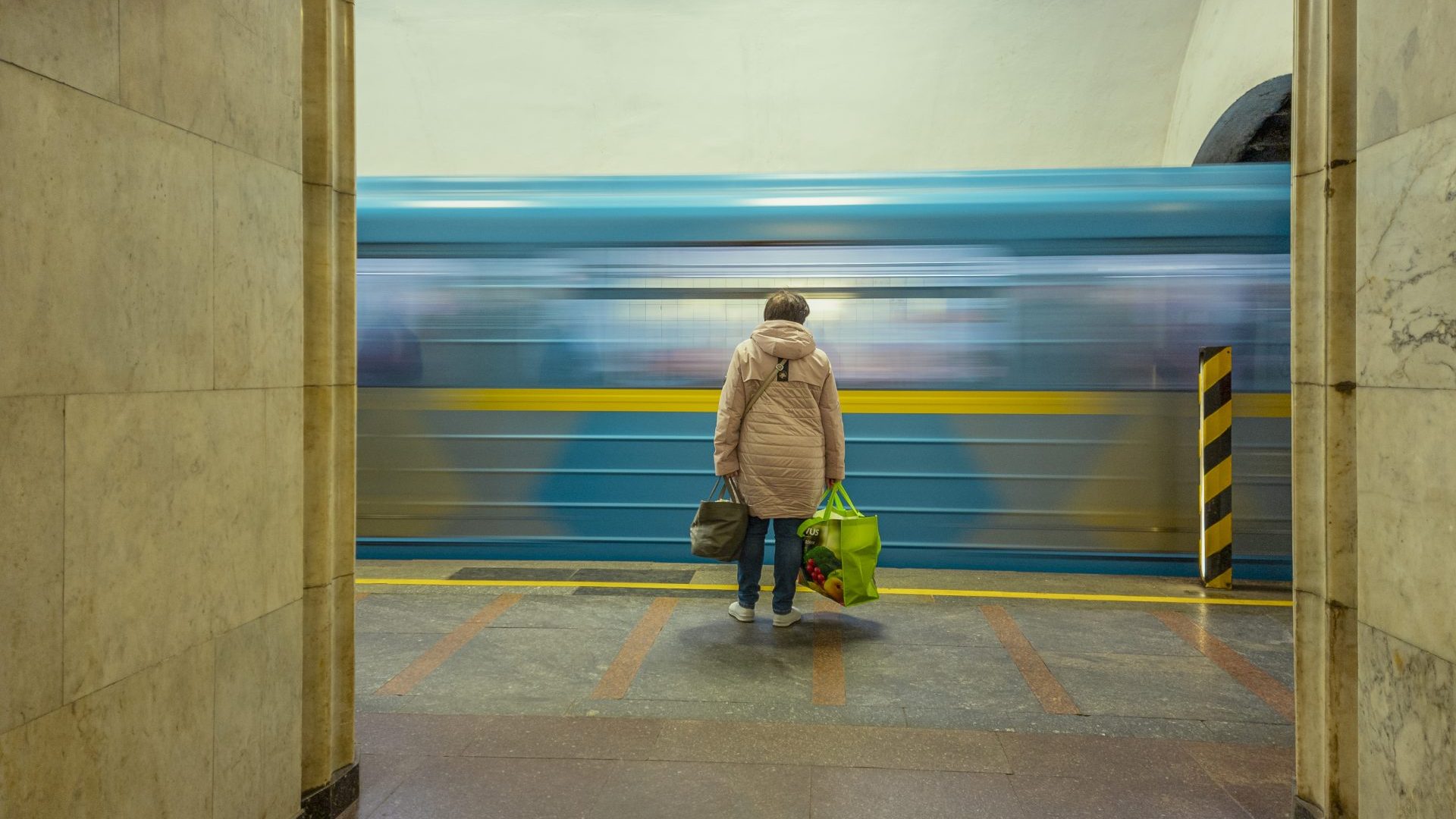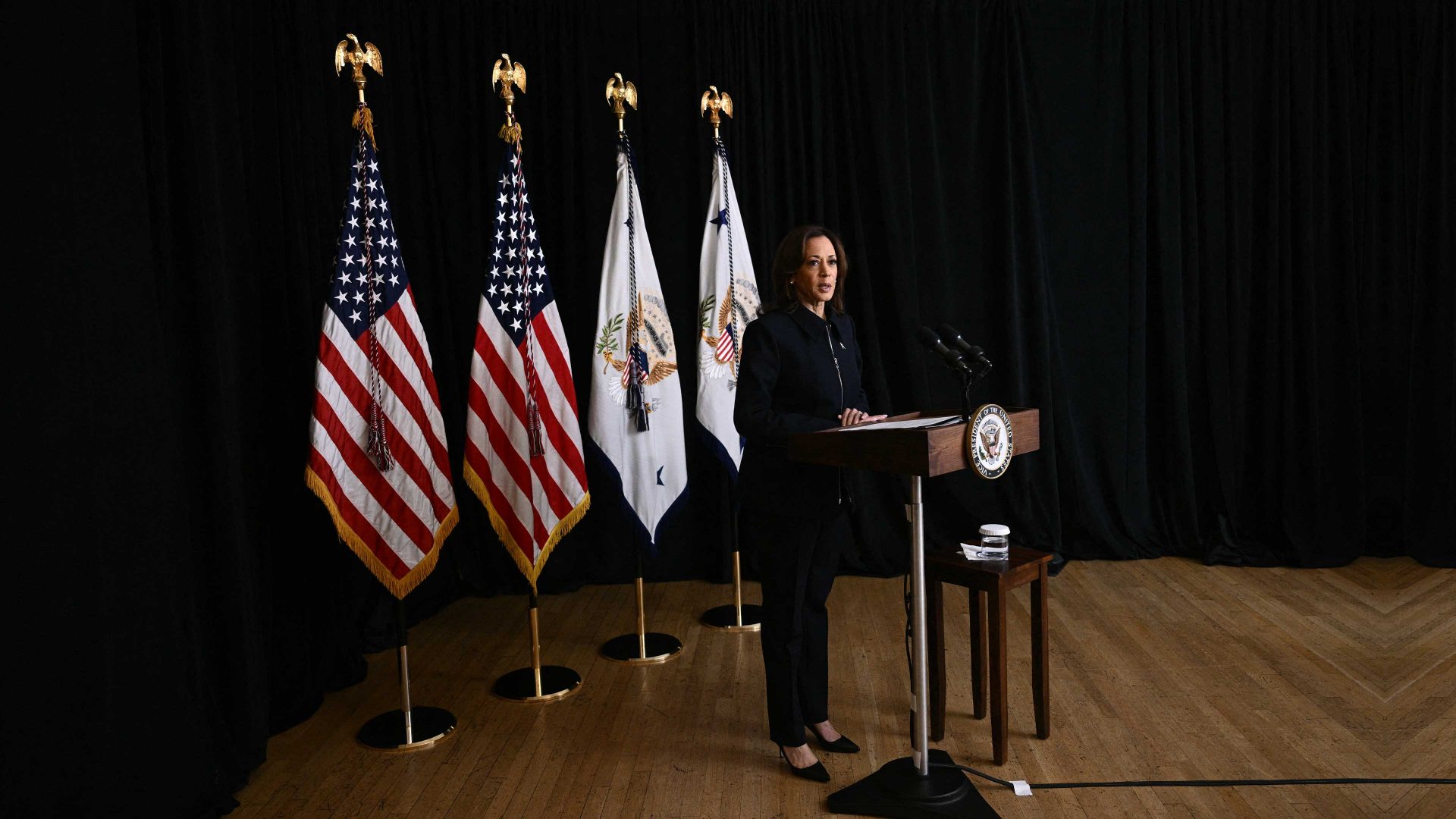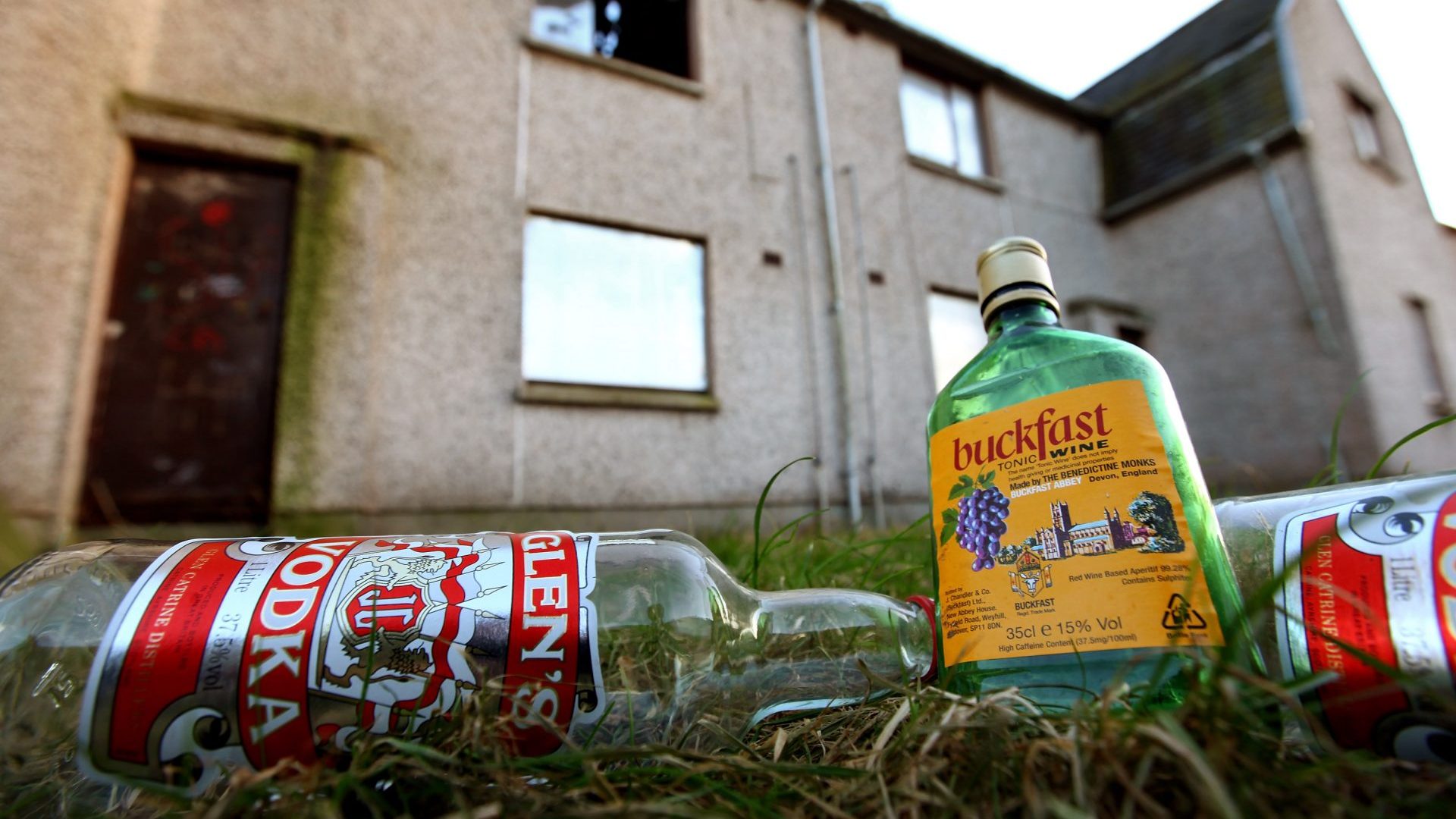One of the strange things about travelling to Kyiv is that almost everyone arrives in the same way. You might be president Biden, Ursula von der Leyen or even, God forbid, Boris Johnson, but you still come on a long train journey from Poland, a 500km trip that reminds you of the vastness of Ukraine.
It’s not my first time here and there’s something reassuring about the familiarity of the transportation: a comfortable sleeper with a samovar at the end of every carriage keeping passengers topped up with tea. This particular train doesn’t terminate in Kyiv but is continuing all the way to Kharkiv, a frontline city a few miles from the Russian border and under regular bombardment.
Since February 2022, 600 employees of the Ukrainian railway service have lost their lives in the war. For those of us used to delays from leaves on the line, Ukraine’s railway system is a metaphor for the wider country – an example of heroic defiance.
My last visit to Kyiv was just before the 2023 counteroffensive. There was an air of optimistic anticipation, the question being not whether Russia would be defeated, but how and when. This time, I knew things were going to be very different from the moment I got on the train. I found myself sharing a sleeping compartment with a Ukrainian-Swedish couple from Stockholm. “We haven’t been back since February 2022,” the young woman explained. “But now it’s our last chance to go before Trump comes back and gives it to Russia.”
The train is dominated by women and children, with a sprinkling of grandpas. Men of fighting age are all at the front. The children are like children everywhere, giggling, curious – then they get bored and tired and cry a little. Are they bothered that they are in a country dragged into a devastating war? There’s no evidence of it.
The ordinariness of Ukraine at war is what makes it extraordinary. My train arrives at five in the morning and I trudge through the pre-dawn gloom to a hotel. The woman at the check-in desk takes my passport details and then points out the air-raid shelter. A few hours later, I get up in search of coffee and Kyiv is like any major city in the early morning. People are walking briskly to work, e-scooters are zipping around, kiosks are selling coffee. I can update my Kyiv Digital app and use it to get around on the Metro and trolleybuses.
And then the siren fires up, an unmistakable, mournful, groaning sound. An alert pops up on the app: “air raid siren! Please proceed to a bomb shelter.” The app helpfully tells you the nearest shelter. But nobody, anywhere takes any notice. There’s not even the barest flinch in the little bakery where I’m having my breakfast. Nor on the streets outside. So I’m left with a classically British dilemma: on the one hand I don’t want to make a fuss; on the other hand, if I get blatted in a Russian air strike and hadn’t taken shelter on account of mild embarrassment, my wife and kids won’t be too happy.
I decide on indecision: if everyone starts running, I’ll follow. But until then I’ll wait and see. Nothing explosive appears to be happening and the siren stops. I wonder if the air defence has done its job, or whether, in another part of this large city, another tragedy has unfolded in this war that has cost the lives of more than 50,000 Ukrainians and many more Russians.
Physically, Kyiv is like many Eastern European cities: some scruffy Soviet-era blocks, plenty of glass-fronted new-builds, and beautiful pockets of history. Elegant apartment buildings painted in bright colours, parks and tree-lined avenues, wide boulevards in the Haussmann style. It’s a bright autumnal day and the golden domes of Kyiv’s churches gleam in the sunshine. The memorial wall outside St Michael’s monastery is now lined with thousands of small photos of fallen soldiers, stretching halfway down Trohsvyatitelska Street, their youthful faces staring out from the afterlife. A few mournful relatives stand quietly in front of a lost brother, son, grandson.
My visit coincides with the Ukrainians withdrawing from Vuhledar, a town they had fought over bitterly for months. A new mobilisation law means that men can be literally frog-marched to a recruiting office and find themselves on the frontlines in a matter of weeks. Ukraine is running out of soldiers in a war of attrition. Russia may be losing men at a faster rate, but it has many more of them.
But most people don’t want to talk about the war. When I was here before, it was worth talking about, celebrating Ukraine’s stunning successes and the many surely to come. Now, people are trying not to think about it. The most commonly expressed feeling is tiredness. Deep, existential exhaustion. Living a normal life in a European capital city, ignoring the air-raid sirens and the horrors of the Eastern Front, is the only way to get by.
Arthur Snell is an author, political commentator, and former diplomat



